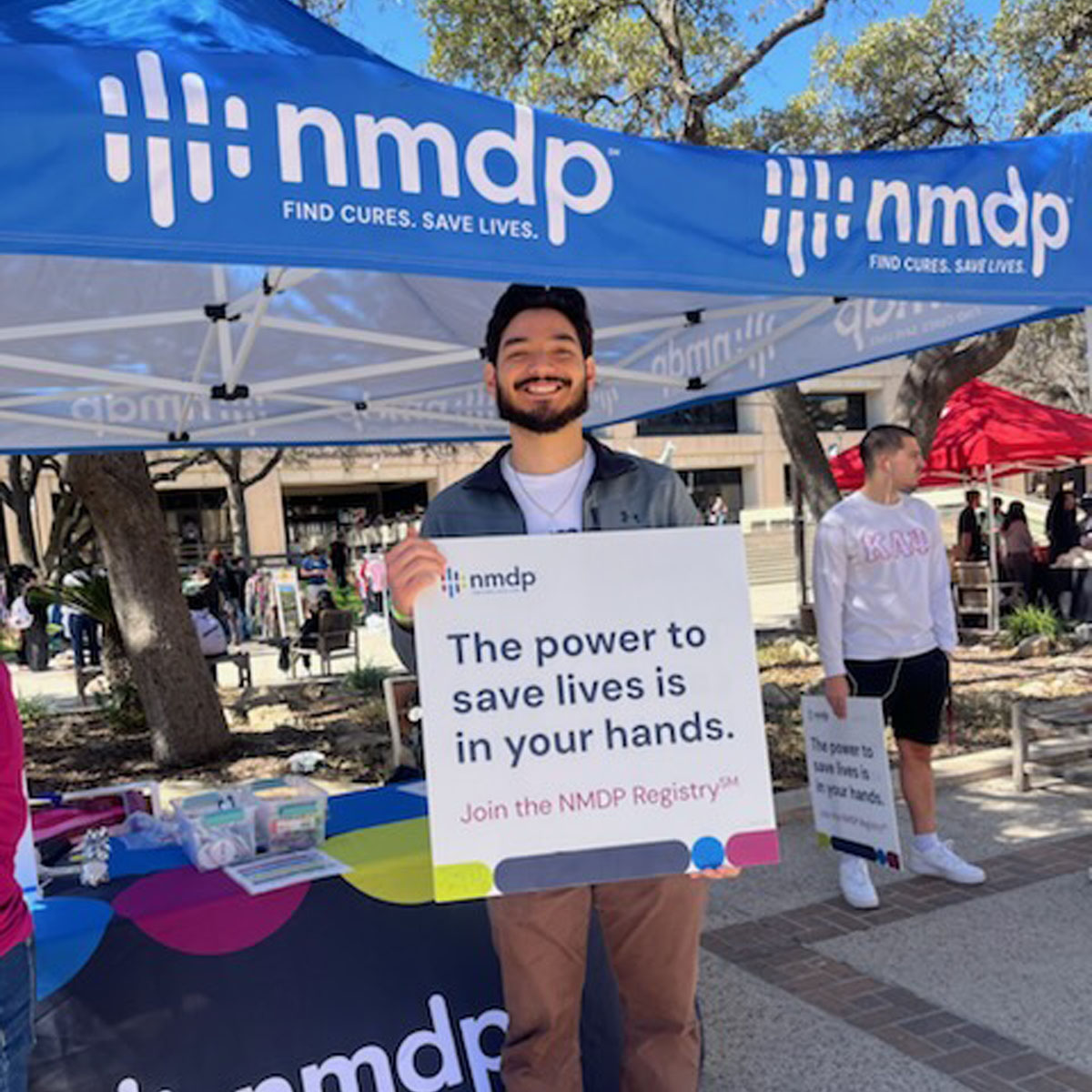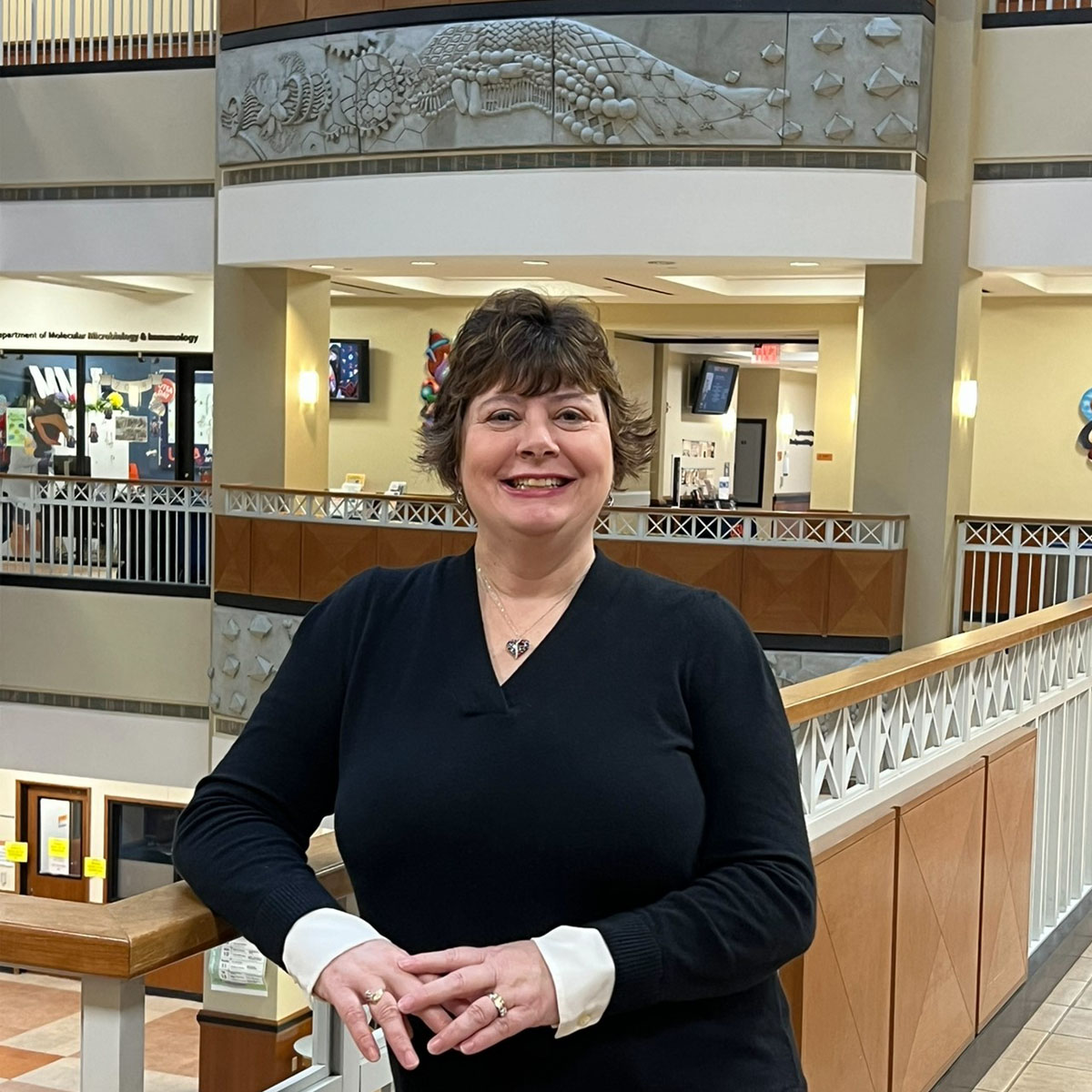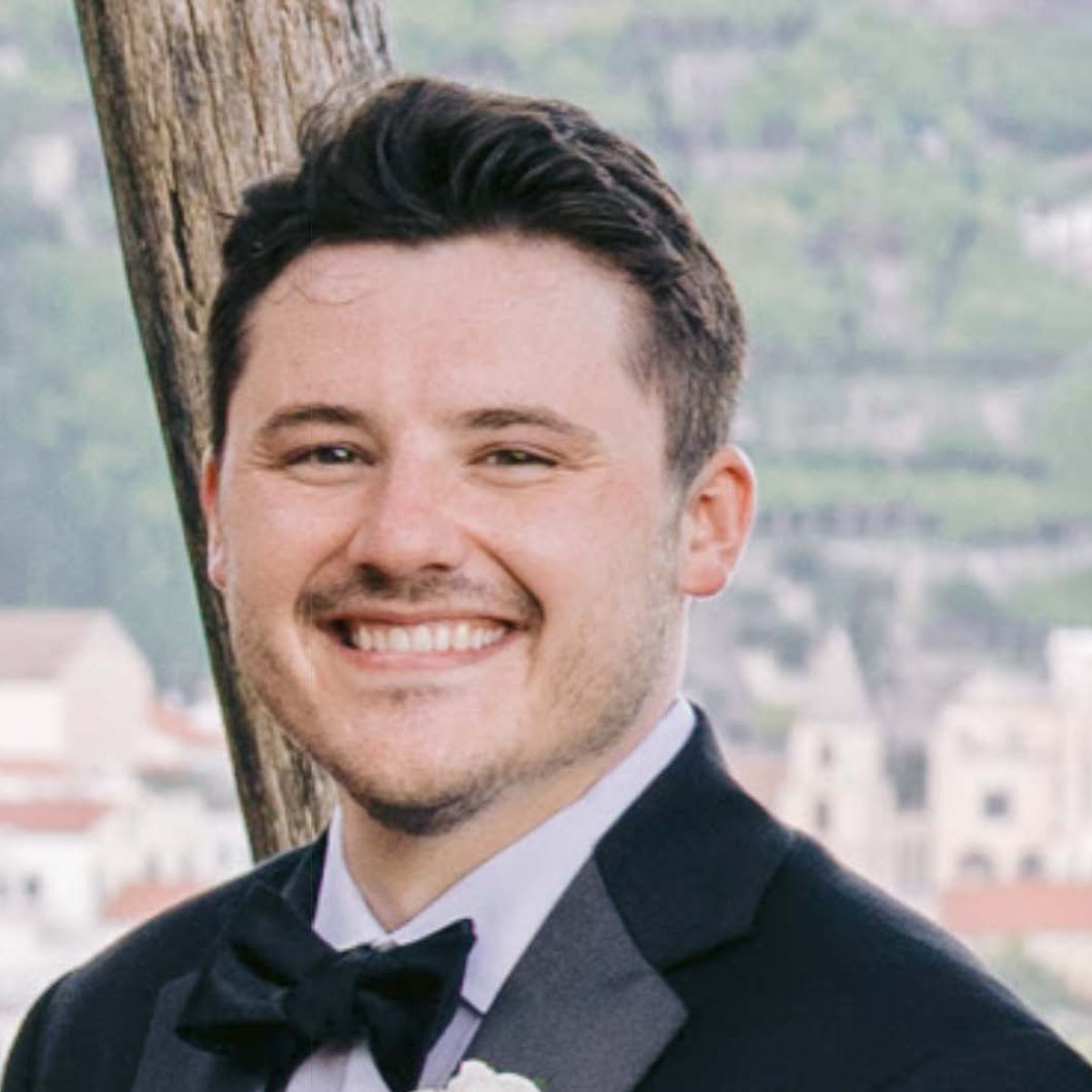Posted on November 30, 2020 by College of Sciences
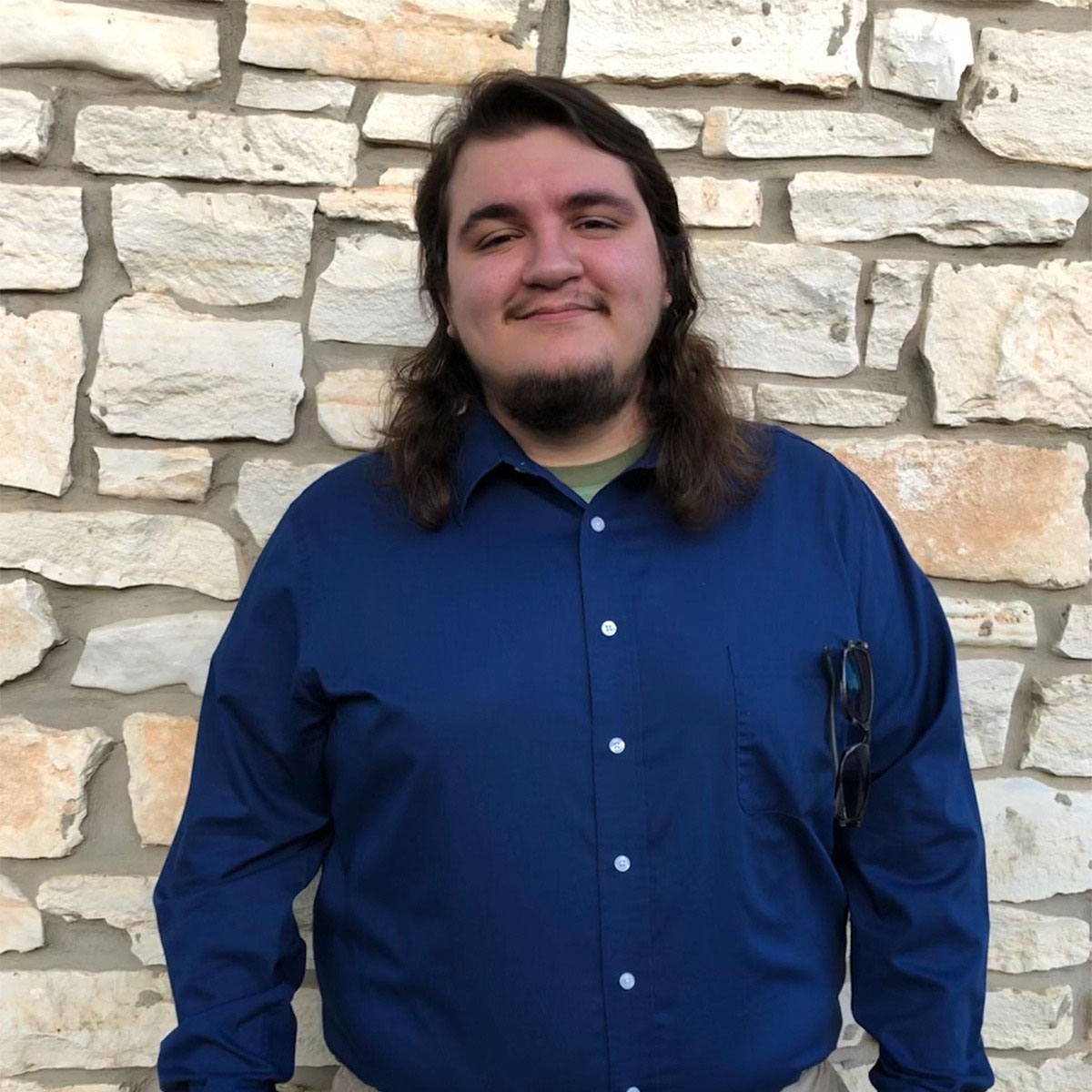
Isaiah Goertz, Microbiology and Immunology Major
By Lauren Moriarty
It's March 2013 and 13-year-old Isaiah Goertz has a sore throat. When it begins to affect his sleeping and eating habits, he goes to the emergency room and is sent home with instructions to take Tylenol and rest. His throat improves, but his knee starts to hurt and within a day he cannot walk without severe pain. The same ER diagnoses him with a torn ACL and instructs him to use crutches and a brace. During a follow-up visit with his primary care physician, he is rushed to the emergency room for an infection.
The hospital found a black mass in Isaiah's upper leg. "I was put in a room for the night," Isaiah said. "I was transferred to the main campus by ambulance in the morning. I fell asleep the moment I saw the med bay sign."
Isaiah had fallen into septic shock. He was in a medically induced coma for two weeks and experienced six surgeries during that time.
"At first, they just opened up my upper leg to see what was happening," said Isaiah. "They saw that my two quadriceps had deteriorated and became necrotic. I had dead muscle in the leg. They had to cut the muscle out and heavily wash with saline and debride the area. They began opening me up more when they found the flesh-eating bacteria in the patella and cartilage in my knee. Eventually, they cut into my ankle and calf to remove the necrotic flesh there. I woke up after the sixth surgery."
Seven additional surgeries followed. Isaiah stayed at Texas Children's Hospital for three months, initially to recover his health and reduce his dependency on pain medication, and later to focus on physical rehabilitation.
"This whole experience changed my life in many ways," he said. "I learned how to persevere even in distress. My family thought that I would plateau and become extremely depressed due to my loss of function in my leg and near-death experience. However, I took it in stride as I knew to get some function out of my leg and to get better, I had to push past the pain and the stress of it. I learned the best way to take on hardship is to have some sense of humor; I like to say at this point I learned life's hardships could be more easily dealt with if you could have a laugh about it. I also learned that you can't give up. No matter what happens we fight on, we push on to get what we want. I also found my love for bacteria and viruses with this incident as I had a doctor from the Center for Disease Control (CDC) that was also on my case. He inspired me to want to work at the CDC, although he did enjoy taking out my 200 stitches a bit too much for my taste."
Today, Isaiah is studying microbiology and immunology at UTSA. In Dr. Mark Eppinger's lab, Isaiah works with his colleagues to determine the pathogenic potential of individual isolates and identify the specific genome make up of hypervirulent isolates involved in severe outbreaks of human disease. Currently, he is comparing two distinct sequence types of enterohemorrhagic E. coli of serotype O113:H21 to determine the reason behind the difference in human disease severity.
"I wanted to understand how the body could fail to defend against such pathogens and how they can infiltrate the body," he said. "The fact that the doctors could not determine how I contracted the flesh-eating bacteria also made me curious about how the pathogens could easily enter undetected. But while here at UTSA I have learned much more about bacteria and pathogens that I now want to learn how they acquired pathogenicity over time and how they can participate in epidemics."
Isaiah is a member of UTSA's RISE program. RISE (Research Initiative for Scientific Enhancement) is a federally funded program designed to increase the number of underrepresented faculty, students, and investigators who are performing research in the biomedical sciences.
"The RISE program has allowed me to grow as a scientist through the seminars and workshops they have put on," he said. "They have also given me more confidence in presenting research, as well as preparing me for steps after graduation. The RISE program has given me invaluable lessons and advice on how to function in graduate school and as a researcher. I can confidently say that without the RISE program I likely would not be as confident and prepared for a graduate degree and as a developing scientist."
Isaiah plans to pursue his Ph.D. He wants to research the evolution of pathogenic bacteria as well as their interactions in epidemics. Eventually, he would like to work at the Center for Disease Control.
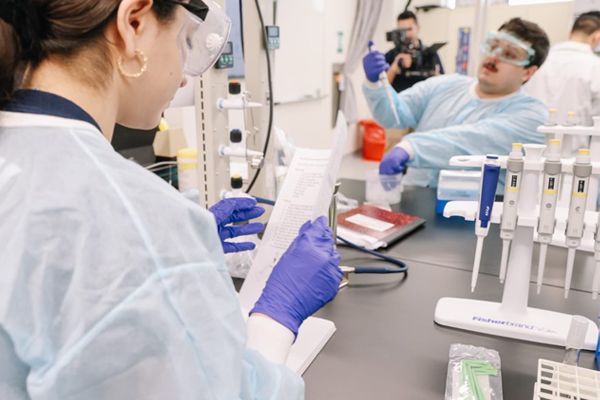
Explore the MMI Department!
Uniting an engaged community of researchers, educators, and students while preparing students for professional careers in microbiology and immunology, medical and public health service fields, education, research, and industry.
Recent MMI Spotlights
View More Spotlights